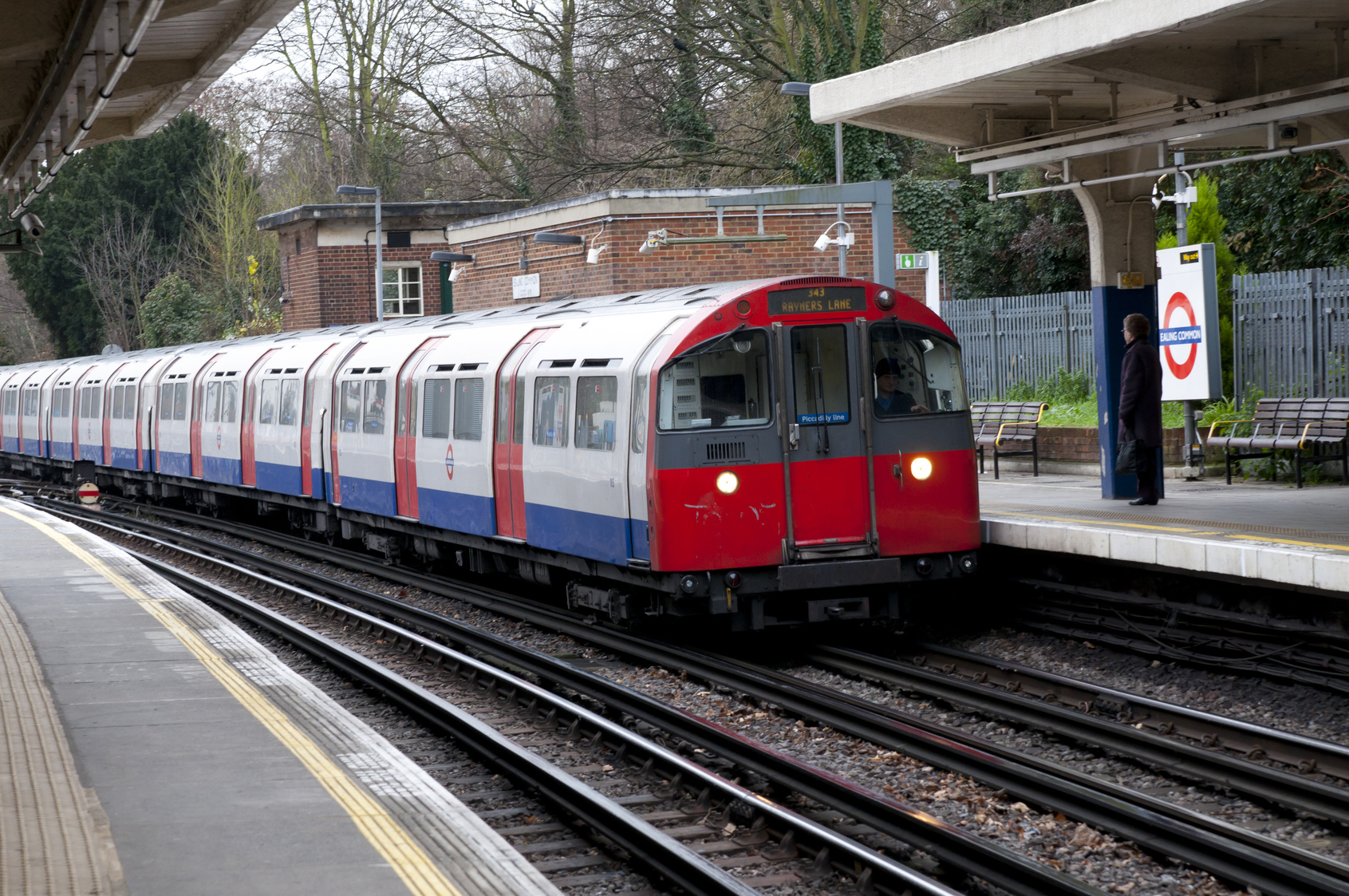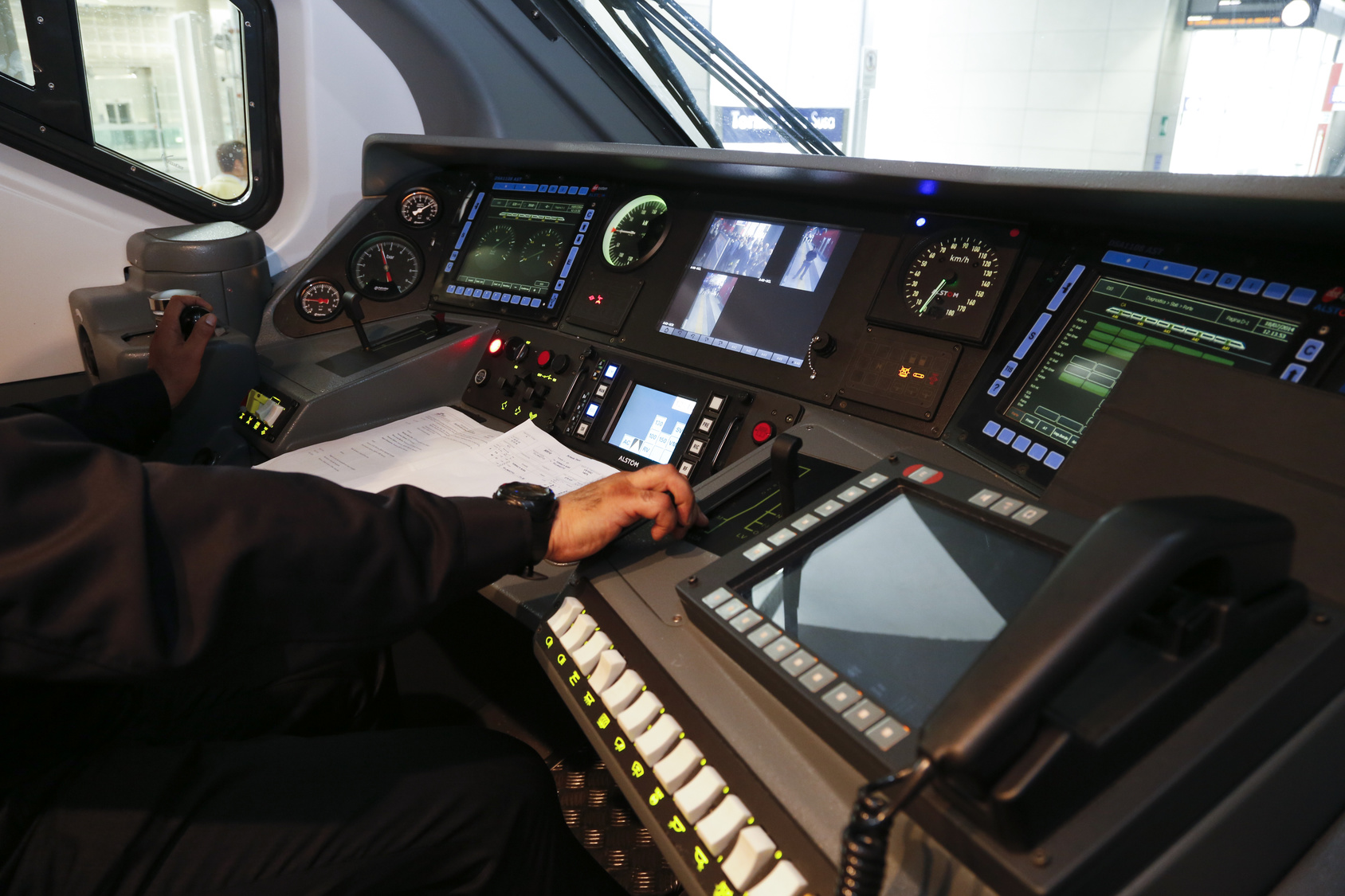Monthly Archives: September 2016

Major developments have been made in the past 2 weeks, regarding the Scotrail strikes. Finally, after months of dispute; Scotrail seem to have reached an agreement with the RMT Union. In this blog, we’ll lay out the details of the Scotrail disruptions agreement
Scotrail Disruptions: What’s been agreed?
On this occasion, it appears that the Union has been successful. Scotrail have agreed to guarantee that conductors will be retained as second members of staff on board new trains, and are drawing up a proposal adhering to this; which will be presented by the Union to its members. They haven’t just reached an agreement with RMT, but with Aslef (the train driver’s union) too. The Scotrail disruptions have come to an end!
Both sides appears to have reached a compromise, with Scotrail and the Unions each benefitting from this. On Scotrail’s side, new trains will have driver’s opening the doors, whereas guards will have control over their closing.
On the Union’s side, this means that the current number of guards will be retained, the status of these professionals won’t be reduced and jobs won’t be lost. It’s win win.

Positive reaction
Both ScotRail and RMT have released statements, expressing their relief that such an exhausting process is finally over. The managing director of ScotRail stated this will ensure they can deliver the best possible service for Scotland, and that the proposals will make the service more efficient and effective. Along with all this, the long term aim is also to make the trains greener/more environmentally friendly.
The Union have been slightly more coy, claiming they will release a statement after the proposals have been made; but that they are satisfied and happy with the fact that the Scotrail disruptions appear to be coming to a close.


I recently read a report about how a spanish train driver decided to abandon his passengers, and jump ship the minute that his shift ended.
The incident in question occurred on Tuesday night, at 9:15pm. The train stopped outside Osorno, a small village; with the passengers initially being told that the train had stopped for technical reasons. 15 minutes later, they were informed that the train had stopped because the driver had ‘gone over his limit’ and got off. The majority of passengers were then forced to wait for 2 hours until a replacement bus service arrived to take them to Madrid.
The train company, Renfe, have opened an official investigation into the incident and have promised to reimburse all of the fares of the passengers who were involved.

So, why am I writing about this? Well, mostly it was just shocking to me that a driver could behave like this, and there’s something really important to be learned from this for all of us. As a driver, your passengers are your main priority. On this occasion, the driver behaved really badly. The rail union released a statement saying that the driver requested to be relieved; and that’s fair enough – nobody should have to work against their will, but when you enlist as a train driver you take an unspoken oath that the passengers come first. Unless there was a medical emergency, it seems to me that this driver gave up just a little too easily. Although we don’t have all of the details, Renfe might also be to blame. If the driver had finished his shift then they should have had a substitute lined up to replace him; which was clearly not the case.
Obviously this is all just speculation, but it seems like a spectacular failure on both the part of the driver, and the train company; with passengers suffering the consequences.








